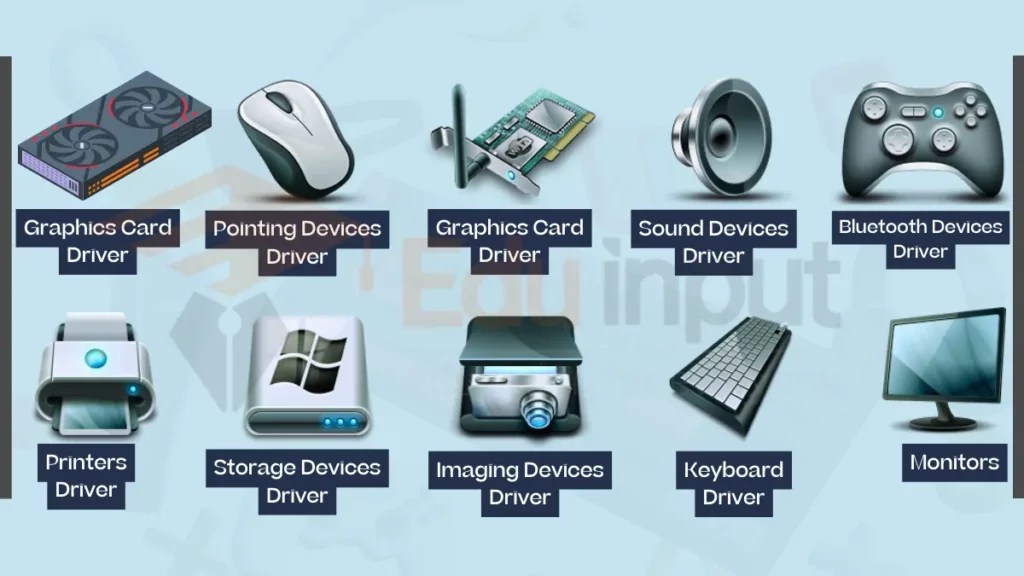Have you ever wondered who the drivers are that keep our world moving? The term 'drivers' encompasses a wide range of professionals, from those who navigate our roads to those who operate various vehicles in different sectors. In this comprehensive article, we will explore the multifaceted role of drivers, their significance in our daily lives, and the evolving landscape of this profession.
In recent years, the role of drivers has transformed significantly, influenced by technology, regulations, and societal changes. This article will delve into the various types of drivers, the skills required, and the impact they have on our economy and daily routines. Whether you are a driver yourself, considering a career in this field, or simply curious about the profession, this article aims to provide valuable insights.
By the end of this article, you will have a deeper understanding of who drivers are, the challenges they face, and how they contribute to the functioning of society. So, fasten your seatbelt as we embark on this informative journey into the world of drivers.
Table of Contents
- 1. Defining Who Drivers Are
- 2. Types of Drivers
- 3. Skills Required to be a Driver
- 4. The Role of Technology in Driving
- 5. Challenges Faced by Drivers
- 6. Economic Impact of Drivers
- 7. Safety Regulations for Drivers
- 8. The Future of Driving Professions
1. Defining Who Drivers Are
Drivers are individuals responsible for operating vehicles, which can include cars, trucks, buses, and more. They play a crucial role in transportation networks, ensuring the movement of people and goods across various distances. The term 'driver' can refer to many different sectors, including:
- Personal drivers
- Commercial drivers
- Public transport drivers
- Freight drivers
Each category of drivers comes with its own set of responsibilities and challenges, which we will explore further in the following sections.
2. Types of Drivers
Understanding the different types of drivers is essential for grasping their roles in society. Here are some key categories:
2.1 Personal Drivers
Personal drivers are often employed by individuals or families to handle their transportation needs. This can include chauffeurs for private cars or ride-sharing drivers.
2.2 Commercial Drivers
Commercial drivers operate vehicles for businesses, such as delivery trucks or logistics vehicles. They are responsible for transporting goods efficiently and safely.
2.3 Public Transport Drivers
Public transport drivers work for transit authorities, operating buses, trams, or trains. Their role is vital for providing accessible transportation options for the general public.
2.4 Freight Drivers
Freight drivers specialize in transporting goods over long distances. They often work for freight companies and must comply with various regulations governing the transportation of goods.
3. Skills Required to be a Driver
Being a driver requires a unique set of skills, including:
- Strong communication skills
- Excellent navigation abilities
- Problem-solving skills
- Knowledge of vehicle maintenance
- Adherence to safety regulations
These skills ensure that drivers can perform their duties efficiently and safely, contributing to the overall effectiveness of transportation systems.
4. The Role of Technology in Driving
Technology has revolutionized the driving profession in various ways:
- GPS navigation systems have improved route efficiency.
- Telematics systems monitor vehicle performance and driver behavior.
- Ride-sharing apps have transformed personal transportation.
These advancements have made driving safer and more efficient, allowing drivers to focus more on their core responsibilities.
5. Challenges Faced by Drivers
Despite the importance of drivers, they face numerous challenges:
- Long hours can lead to fatigue.
- Traffic congestion impacts travel times.
- Safety concerns on the road.
Addressing these challenges is crucial for ensuring the well-being of drivers and the efficiency of transportation systems.
6. Economic Impact of Drivers
Drivers play a significant role in the economy by facilitating trade and commerce. Statistics indicate that:
- Transportation accounts for a substantial percentage of GDP in many countries.
- Drivers contribute to job creation in various sectors.
Their impact extends beyond just transportation, affecting supply chains and overall economic health.
7. Safety Regulations for Drivers
Safety is a paramount concern in the driving profession. Governments have established various regulations, including:
- Mandatory training programs for commercial drivers.
- Strict guidelines for vehicle maintenance.
- Regulations on driving hours to prevent fatigue.
Compliance with these regulations is essential for maintaining safety on the roads.
8. The Future of Driving Professions
As technology continues to evolve, the future of driving professions is likely to change significantly. Key trends include:
- The rise of autonomous vehicles.
- Increased demand for electric and eco-friendly vehicles.
- Advancements in driver training programs.
These developments will shape the role of drivers in the coming years, presenting both challenges and opportunities.
Conclusion
In conclusion, drivers play an indispensable role in our society, impacting our daily lives and the broader economy. From personal drivers to commercial and public transport operators, each category has its unique challenges and significance. As we look to the future, the evolution of technology and regulations will continue to shape the driving profession.
We encourage you to reflect on the importance of drivers in your life and consider sharing this article with others. If you have any thoughts or experiences related to driving, feel free to leave a comment below!
Penutup
Thank you for taking the time to explore the world of drivers with us. We hope this article has provided you with valuable insights and information. Be sure to visit our site again for more engaging content and discussions!




